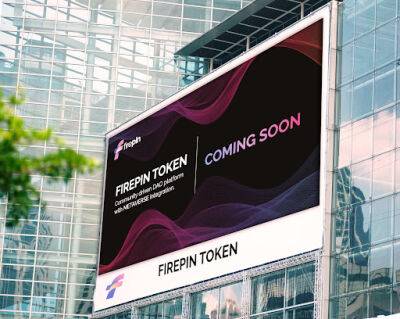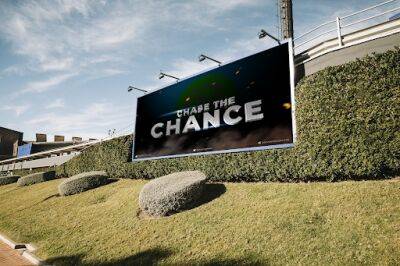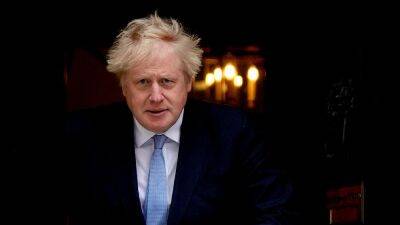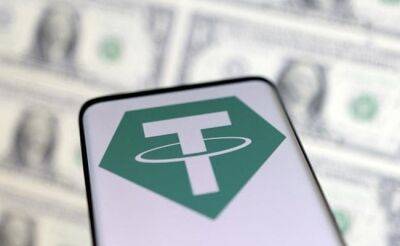The crackdown on gambling ads is too little and too late for my husband
After my husband, Luke, took his life, I promised to take our son to watch every Leicester City FC home game. It had been a father and son tradition, and I wanted to carry it on. But every time we went, we couldn’t escape the gambling adverts around the stadium. The word “bet” was everywhere, flashing at us like a command. It was a reminder for my son of his dad’s gambling addiction, and I watched as he shrank into his seat. We have not been back.
Gambling adverts are everywhere – not just around football grounds and on players’ shirts, but on the radio and on the way to school, magnified on billboards, in magazine inserts, in so many TV ad breaks and all over the internet. There is nowhere to hide. The full normalisation of gambling as a fun and risk-free activity is completed by the long list of celebrities who front those ads. From José Mourinho claiming he’s “the Special One” because he won online, Ray Winstone bellowing at you to bang a bet on, and Keith Lemon offering you a so-called “free bet”, they are hard to ignore.
The Committee of Advertising Practice recently announced that, from October, it will ban UK gambling ads featuring celebrities, sportspeople and social media influencers who would be likely to appeal to children.
This is a welcome step, but nowhere near enough. Before Luke died, he talked about the relentlessness of gambling adverts. I didn’t know then that he was struggling with a life-threatening illness brought on by the addictive products those adverts sold. A 2021 Public Health England report estimates that there are more than 400 gambling-related suicides in England every year – more than one a day. And with more than 55,000 children addicted to gambling in the UK, the next generation is being
Read more on theguardian.com



















